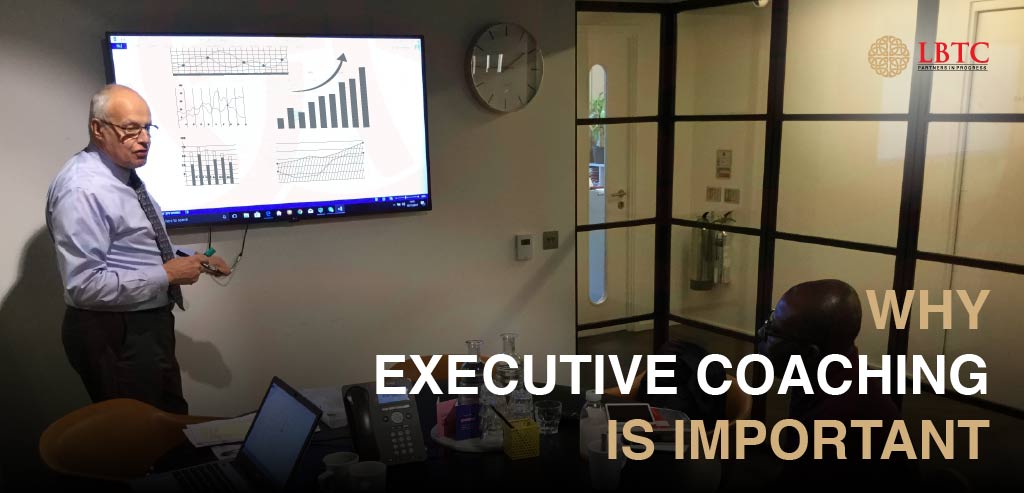
With today’s hectic and complicated business environment, more and more companies are realising the benefits of executive coaching. This specialised, individualised kind of professional development uses one-on-one meetings, workshops, and other forms of assistance to help leaders improve their output and efficacy. The need for executive development grows as companies attempt to manage constantly shifting environments in order to develop skilled and resilient executives.
The potential of business coaching to assist executives in recognising and addressing their blind spots is one of its main advantages. Everybody has areas in which they are ignorant of their own shortcomings or limits. A skilled executive coach closely collaborates with executives to identify these blind spots and create solutions. Leaders who are aware of their areas for growth are better able to make judgements and steer clear of any problems.
One other essential component of good leadership is effective communication. Leaders can improve their verbal and nonverbal communication skills with the aid of leader coaching. Enhanced communication facilitates more productive and transparent relationships with stakeholders, coworkers, and team members. This improvement in communication helps with day-to-day tasks and reinforces the leader’s capacity to uplift and encourage others.
Being self-aware is an essential quality for any leader, and leader coaching helps cultivate it. Increased self-awareness can enhance leaders’ decision-making and overall performance by helping them develop a deeper understanding of their strengths and shortcomings. Additionally, self-awareness improves emotional intelligence, which helps leaders better control their relationships and emotions.
Leaders in high-pressure settings frequently struggle with stress and burnout. Executive coaching encourages a better work-life balance by providing techniques and resources for stress management and burnout prevention. This support is crucial to preserve a leader’s well-being and guarantee long-term success.
Being a leader can frequently be an isolating experience, so having a private, safe place to talk about difficulties is essential. This safe haven, where leaders may freely express their worries and get helpful criticism, is provided via executive coaching. Growth on both a personal and professional level is facilitated by this encouraging atmosphere.
The foundation of good leadership is the development of solid relationships. Executive coaching promotes improved cooperation and teamwork by helping executives develop their interpersonal skills. Enhancing connections with colleagues, stakeholders, and peers fosters a more optimistic and efficient work atmosphere.
When leaders are successful, their teams’ involvement and morale usually follow. Executive coaching has positive effects on the entire organisation in addition to the leader receiving it. A more dynamic and driven workforce might result from a more effective leader’s ability to raise team morale and engagement.
Support and accountability are two essential components offered by executive coaching. Leaders frequently deal with a plethora of duties and conflicting priorities. Coaching gives them the assistance they need to reach their objectives and helps them stay focused on them. Leaders who are held accountable are more likely to continue investing in their own and their teams’ professional growth.
In the end, executive coaching aids in leaders’ realisation of their greatest potential. past the process of unlocking their skills and leading them past obstacles, coaching enables leaders to reach their full potential. This shift promotes an excellence and continuous improvement culture that benefits the leaders individually as well as their organisations.
To sum up, executive development is a vital resource for contemporary executives. Executive coaching equips executives to tackle the challenges of the modern business environment by resolving blind spots, fostering self-awareness, fostering the development of new skills, and increasing communication. It eases tension, improves relationships, raises spirits, and offers the assistance required to succeed. Investing in executive coaching is a wise and significant decision for any organisation that hopes to develop strong, effective leaders.

Leave a Reply